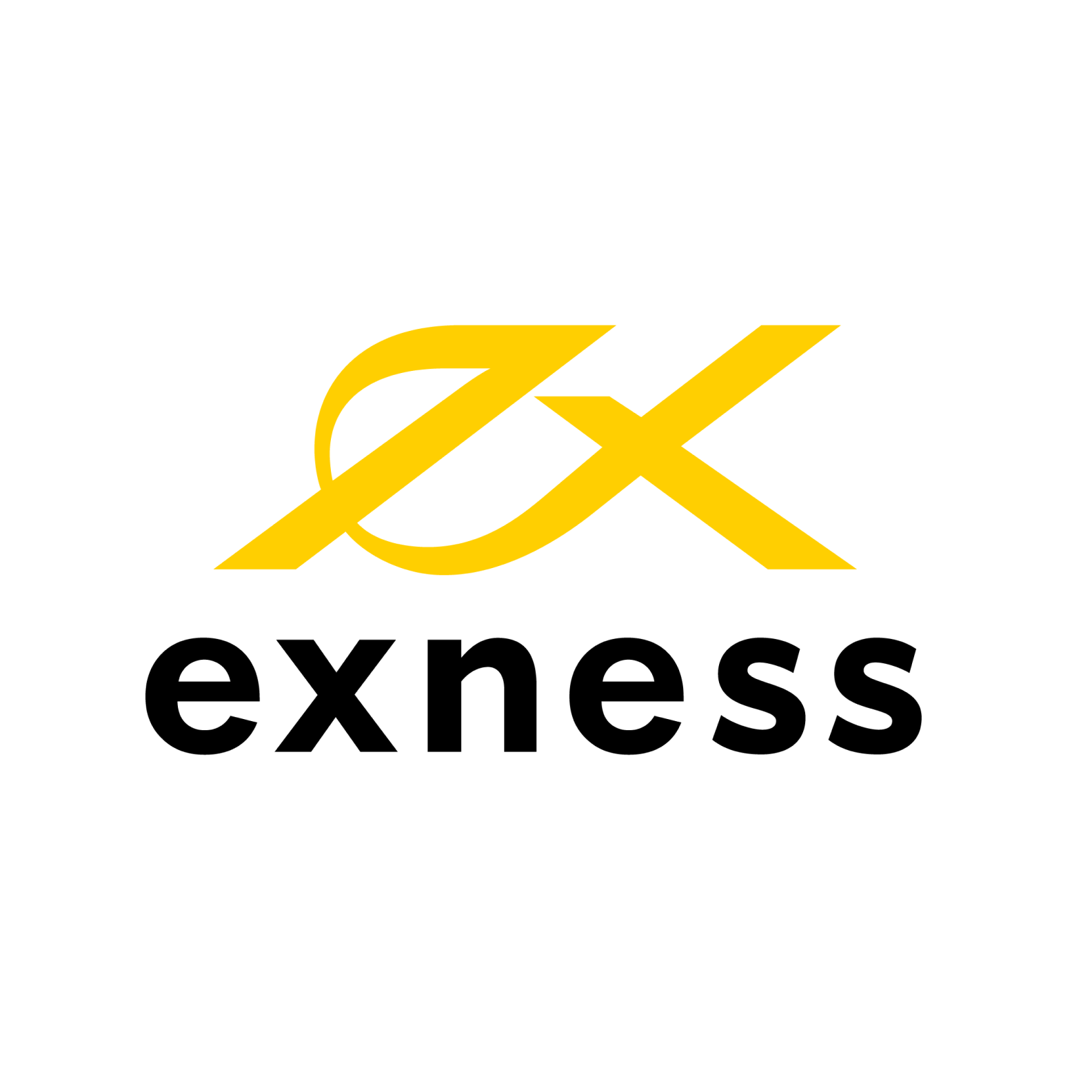CFD Trading Brokers in South Africa
 | Min.Deposit $10 | In South Africa | |
 | |||
 | In South Africa | ||
 | In South Africa | ||
 | In South Africa |
A Contract of Difference (CFD) is carried out by calculating the difference between the value of an asset when entering an operation and its value at the time of the contract. The seller or vendor does not actually own the asset. In fact, the CFD reflects the price fluctuations of the asset. Depending on the position taken, the broker will earn a profit when the price of the asset increases or will suffer a loss if the price falls at the time of the contract. Difference contracts are always settled in cash rather than as tangible assets.
CFD trading needs two parties, a buyer and a seller. The contract instructs that the seller pays the difference carried out at the time of the contract if the price of the asset increases. On the other hand, if the price goes down, the buyer will pay the difference. As one of the increasingly popular means for trading financial instruments, CFDs offer a number of benefits.
Below are important terms you should know:
- Ask price – This is the price indicated by the seller
- Bid price – This is the price a buyer is willing to pay for an asset. The seller price and the buyer price are both indicated in a contract. The bid price is always the weaker of the two
- Spread – This is the difference between the selling price and the buying price
- Margin – This is the amount you have to invest in the transaction. It is calculated as a percentage of the current value of the underlying asset on which you want to negotiate
Benefits of trading with CFDs in South Africa
Greater Leverage – CFD brokers offer bigger leverage. Leverage is the amount of money that the broker loans you to finalize an operation. This is the opposite of the margin which is the minimum amount that the broker requires you to invest before entering into an operation.
Lower Margin – A lower margin means you can “borrow” more money on an operation and less risk your own money. This increases the profit potential per operation. On the other hand, higher leverage can also increase your losses.
Easy to access – CFDs can be accessed globally anywhere and anytime. Transactions give you access to financial instruments including stocks, cash, currencies, sector CFDs, indices and commodities. Online CFD brokers give you access to all major markets around the world. As long as the specific market is open, you will be able to access it via the broker’s platform.
No short sale rules – many financial markets have short selling rules that are unfavorable to the trader. For example, this could expose you to a different margin (which requires more capital expenditure on your part) or even require you to initially borrow the instrument.
Few or no fees – fees and commissions can easily rub off on your winnings. CFD markets are structured in such a way that brokers earn income by having traders pay the amount of the spread. In this way, your broker is unlikely to charge you commissions or fraud on transactions.
You are not restricted to day trading only – with CFDs day trading is an option. Some markets will require you to place a maximum number of trades per day or even place caps on the amount of capital you can invest in trades each day.
The disadvantages of CFD trading in South Africa
CFD trading in South Africa is not closely regulated – some markets such as binary options online trading are heavily regulated due to a high number of frauds. CFD operations, on the other hand, are not highly regulated and investors are cautious when choosing the broker to work with. A good way to find a credible broker is to check their reputation and track record as well as the different features they offer on their platform.
You pay the spread amount – CFD brokers earn income by having traders pay the spread. This will reduce your winnings on your winning transactions and increase the amount of loss. However, the amount of the spread charged is generally quite low. The frequent entry and exit of trades can often be expensive for traders since the amount of the spread is paid on each transaction.
CFD trading is one of the most misunderstood types of trading available today. Unlike stocks or Forex, CFD’s (contracts for difference) are a whole new method that takes awhile to learn properly. This can be a great addition to the portfolio of the skilled investor once all the particulars are sorted out since this method can bring a handsome return on investment.
A newcomer would be wise to find out how this system works before entering this market however. There are a great many rewards offered by a speculator skilled in this method, and he can easily bank a large portion of his portfolio with CFD trading in South Africa.
Probably the most key element in understanding how CFD trading works is to realize that the costs associated with hedging, going long or short on a trade are substantially cheaper using this method. To be more accurate, a buyer and seller agree to a contract where the difference in price between the time the stock is bought is compared to when its sold. This amount is paid out through a binding contract — essentially a CFD. An investor in this market looks at how trades are going for a particular day. He then decides whether to buy or sell stock at a pre-determined amount some time during the trading session. At some point, a trade is finalized by determining the net cost. This is the value of the actual number of shares involved times the difference in value from opening to closing on that day. So a profit is realized with a long position if the stock is at a higher position at close. However if the ending price is lower, and the seller has a short position, he will get paid by the buyer.
CFD trading South Africa has some similarities with stocks, but it also compares somewhat to the commodities market.
It can vary greatly as regards to a speculator’s particular methods and willingness to risk capital. This is not something for the weak of stomach since markets can change on a whim. Most of the traders in this market are of the short term variety, and they are looking for a short term gain before moving on to something else. There are other factors that have to be looked at when trying to compare CFD to any other type of speculation.
The CFD market is run mainly on margin. Thus the total value of the trade does not have to be available, only a small amount is necessary to deposit in an account. CFD prices are also quite liquid since this market is quite dynamic in its price flows. There are also very low costs in order to make a transaction in the CFD market as compared to stocks. A CFD trader can also sell short, effectively hedging his portfolio. A short term decline can realize a profit in this way while not destroying the current portfolio.
There are some disadvantages also with the CFD trading market, and the first is leveraging (i.e. overextending). While it can be used for profits, sometimes this will backfire causing losses to multiply. There is also the higher risk involved with short terms trades. The market can be extremely volatile at times so while the margin is only a small amount of the stock value, it can be lost quite readily along with more money if the market goes the wrong way.
But many investors find online CFD trading easier than most others, including Forex. This is mainly due to the fact that different currencies are harder to keep track of as the market can fluctuate due to current events.
